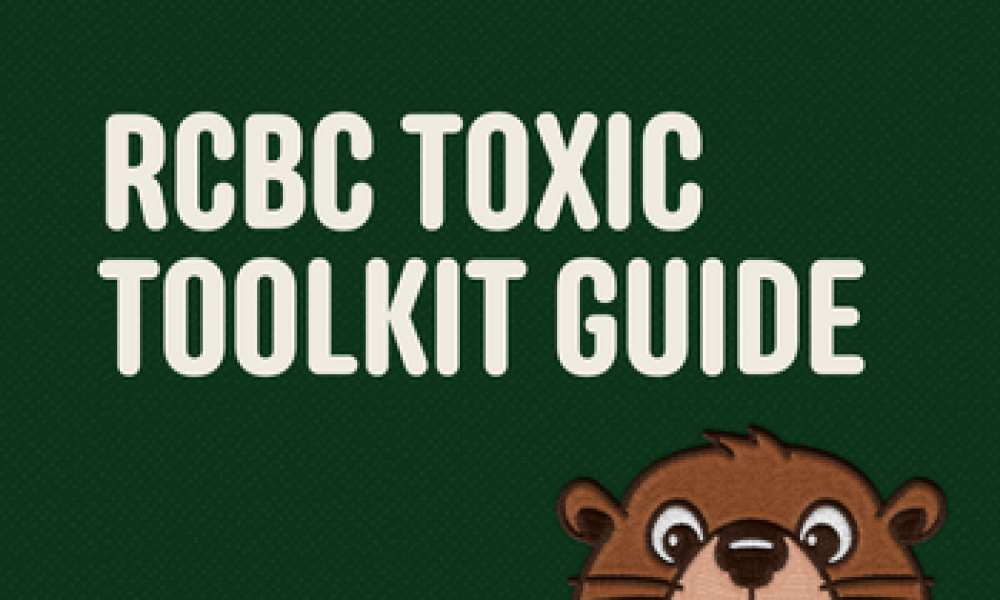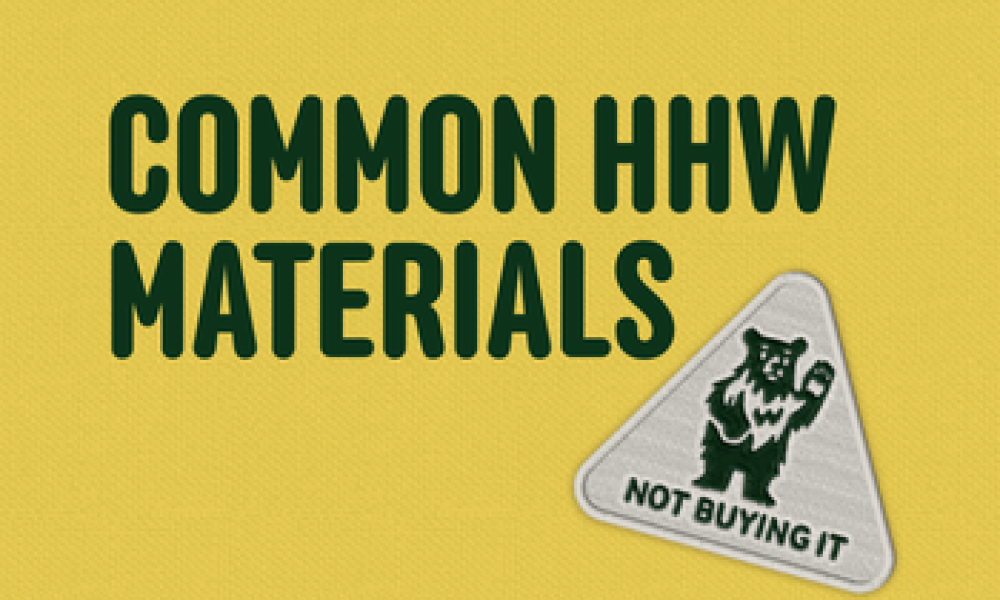Some items don’t belong in your regular garbage or recycling bin — and that’s where Household Hazardous Waste (HHW) comes in. From cleaning products and paints to automotive fluids and garden chemicals, these materials can pose serious risks to our health and environment if not handled properly.
As part of the Too Good to Waste initiative, we’re encouraging residents to rethink their waste - starting with the most harmful. The best way to manage HHW is to avoid purchasing toxic products whenever possible. If you already have them, use them up safely and responsibly. And when it’s time to dispose of them, make sure you do it the right way.
Explore this page to learn how to identify HHW, handle it safely, and find local disposal options. Together, we can protect our land, water, and community — because hazardous waste is too dangerous to waste, and the North Okanagan is Too Good to Waste.
What is Household Hazardous Waste?
Household Hazardous Waste (HHW) is defined as any household products that contain corrosive, toxic, flammable, or reactive components. This class of waste does not include hazardous waste material that is generated at a place of business (commercial hazardous waste).
RCBC has great information on identifying, storing, handling, and preventing Household Hazardous Waste:
When incorrectly disposed of, HHW is harmful people, pets, wildlife and our water. Please avoid pouring substances down the drain or on the ground, discarding them into the storm sewer or placing them in your garbage can. Municipal sewage systems and private septic systems do not filter or remove these products from our wastewater, allowing the possibility of hazardous substances to enter our waterways. Special handling and treatment should be taken for proper disposal.





